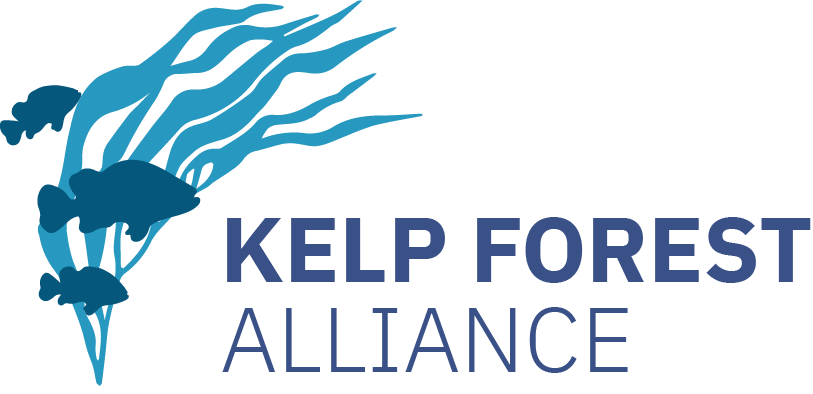Restoration Objective:
Due to their low dispersal, fucoids naturally recover slowly following disturbances. Because of this, restoration has been advocated as a strategy for compensation of anthropogenic impacts. The aim of this study was to field test a methodology that will efficiently and effectively lead to recovery of Fucus in areas that were damaged by the Cosco Busan oil spill.
Site Selection Criteria:
Sites were selected that had been affected by the 2007 Cosco Busan oil spill and subsequent high pressure, hot water clean up. Sites were also selected where Fucus was absent but there were nearby Fucus donor populations, in order to avoid disrupting the local genetic structure.
Cause Of Decline:
Fucoids are highly sensitive to oil contamination and heat, as demonstrated by increased Fucus mortality in hot water cleaned areas following the Exxon Valdez oil spill in 1989. Fucus was not considered fully recovered until over seven years after the Exxon Valdez spill. In 2007, the Cosco Busan freighter hit the San Francisco Bay Bridge and spilled 53,569 gallons of Intermediate Fuel Oil. Intertidal researchers from UCSC conducted post-spill monitoring and found that Fucus distichus populations declined throughout the East San Francisco Bay.
Key Reasons For Decline:
Water Pollution
Scientific Paper
Fucus Restoration
MARINe.
https://marine.ucsc.edu/data-...fucus-restoration/index.html


